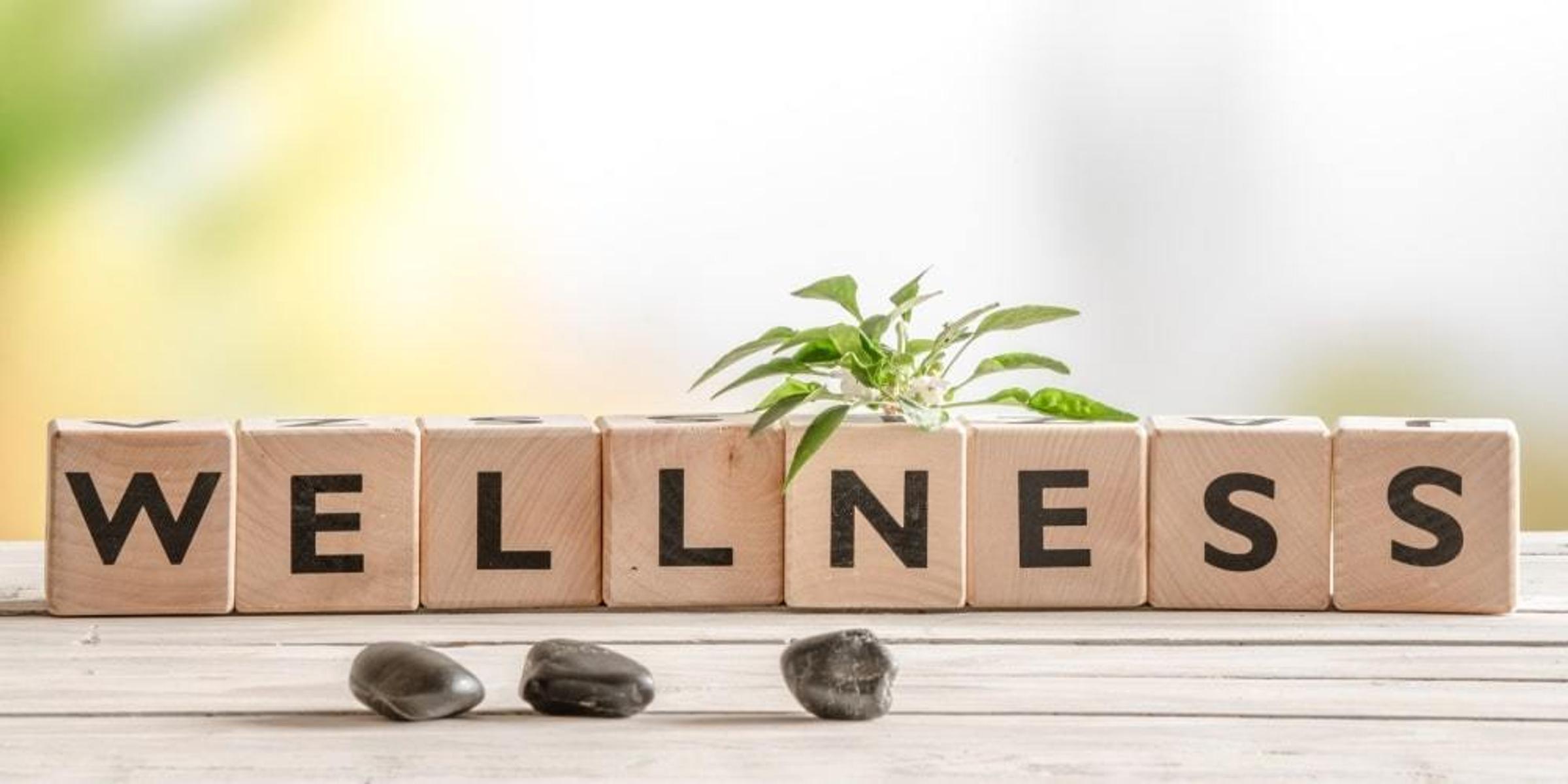WELLBEING

Wellbeing Support
If students feel that they need wellbeing support or are worried about the wellbeing of a friend while students are engaged in remote learning, they should complete this form, responses to which will be monitored by the SCSC Wellbeing Team.
Once completed, students will be contacted by a member of the wellbeing team within a few days to discuss their submission. If the situation is life-threatening, please call 000.
It is important to note that there are a number of external services that may be of use during this time, depending on students’ specific circumstances. We have been made aware that, sadly, these services are very busy currently with lots of referred cases. If you do not get support from accessing a service below if needed, going to a GP is recommended.
- Beyond Blue (website, online chat or phone support)
- The Brave Program (online support for anxiety)
- ReachOut (practical support, tools and tips to help young people get through anything from everyday questions through to tough times)
- Headspace (information for 12 to 25 year olds relating to general mental health, physical health, work and study, drugs and alcohol)
- Mood GYM (an online program that helps young people and adults learn about cognitive behaviour therapy skills for preventing and coping with depression)
- Smiling Mind (a modern meditation for young people – both web and app-based, designed to help bring balance to young lives)
- eheadspace (online and telephone support for young people aged 12-25 years and their families)
Mark’s Quickstart Guide to Meditation
There has been plenty of research into the benefits of meditation in recent years. In summary, a few of the benefits are lowered blood pressure and heart rate, decreased stress, improved immune function, better sleep and it makes you smarter. Big claims I know, if you want the proof - pick up a book on the topic, I recommend ‘Hurry up and Meditate’ by David Michie or check out this ted talk by Andy Pudicombe, https://www.youtube.com/watch?v=qzR62JJCMBQ
There's a lot of images in our media of monks sitting on hill tops experiencing nirvana that can lead normal people to feel like meditation is out of reach or not for them, but it is for everyone. We need to understand that meditation is a simple exercise to build your focus. Like a muscle, in the beginning it will be weak but with training it will grow stronger. There are no short cuts. Just be kind to yourself, let go of expectations and trust the process. When you stick with it, just like exercise in a month or so you will start to notice the benefits.
It only takes a few minutes a day and with consistent effort you will gradually reap the benefits of a calmer, more helpful mind. Meditation is most helpful when used as a preventative measure, preparing you to cope better in stressful situations when they arise (and they do for everyone!). Meditation will increasing your awareness of emotions and feelings which is the key to taking control of your mind, developing mastery of your thoughts and improving your performance. There are no side effects and it is free.
How to Practice Meditation:
- Pick a quiet place where there are minimal distractions. Nominate a time of day, set a reminder alarm so you can be consistent. I suggest first thing in the morning or an hour before bed.
- Set a timer. Ideally 15 minutes but you can build up to that. It’s more important in the beginning to do it every day. Five minutes every day is better than one hour once a week.
- Sit comfortably on a chair or on the floor allowing your hands to rest on your thighs. Adjust your posture by rolling your shoulders and allowing your spine to rest like a stack of coins in a neat column.
- Set your intention. A positive affirmation such as; ‘I am calm happy and healthy’ or ‘I will study with focus and ease’. No room for double negatives here such as ‘I won’t be angry’, these confuse your subconscious brain. Repeat your affirmation 4-5 times to begin and end your meditation.
- Close your eyes and become aware of your breath. Pick a sensation, the rise and fall of your diaphragm or the air entering and exiting your nostrils. Pick which ever feels natural to you.
- Continue to focus on the sensation of the breath. Counting each breath may also assist.
- As you sit you will notice thoughts entering your mind. You will wander off. This is good! As you notice yourself talking in your mind simply identify these thoughts as ‘thinking’. Be gentle with yourself, simply accept these thoughts then return to your breath.
- You may return your focus to your breathing 100 times or 15,000 times in 15mins. This is great, each time you bring your focus back to the breathing it’s like a push up for your mind building strength and resilience.
- Reap the benefits!
Initially if you find this process difficult and you’re not consistent with your meditation practice the smiling mind app is a great training aid and it’s available for free https://www.smilingmind.com.au/ . Once you settle into a rhythm with your daily meditation practice, using the app you can gradually start introducing app free meditation days with the goal of eventually being completely independent in your meditation practice with no reliance on technology or external guidance. Then you truly will be the master of your own mind.
If you have your own mindfulness activities that you do at home, we would love to hear them!
Please email them through to surf.coast.sc@edumail.vic.gov.au and we can include them in our next newsletter edition.

